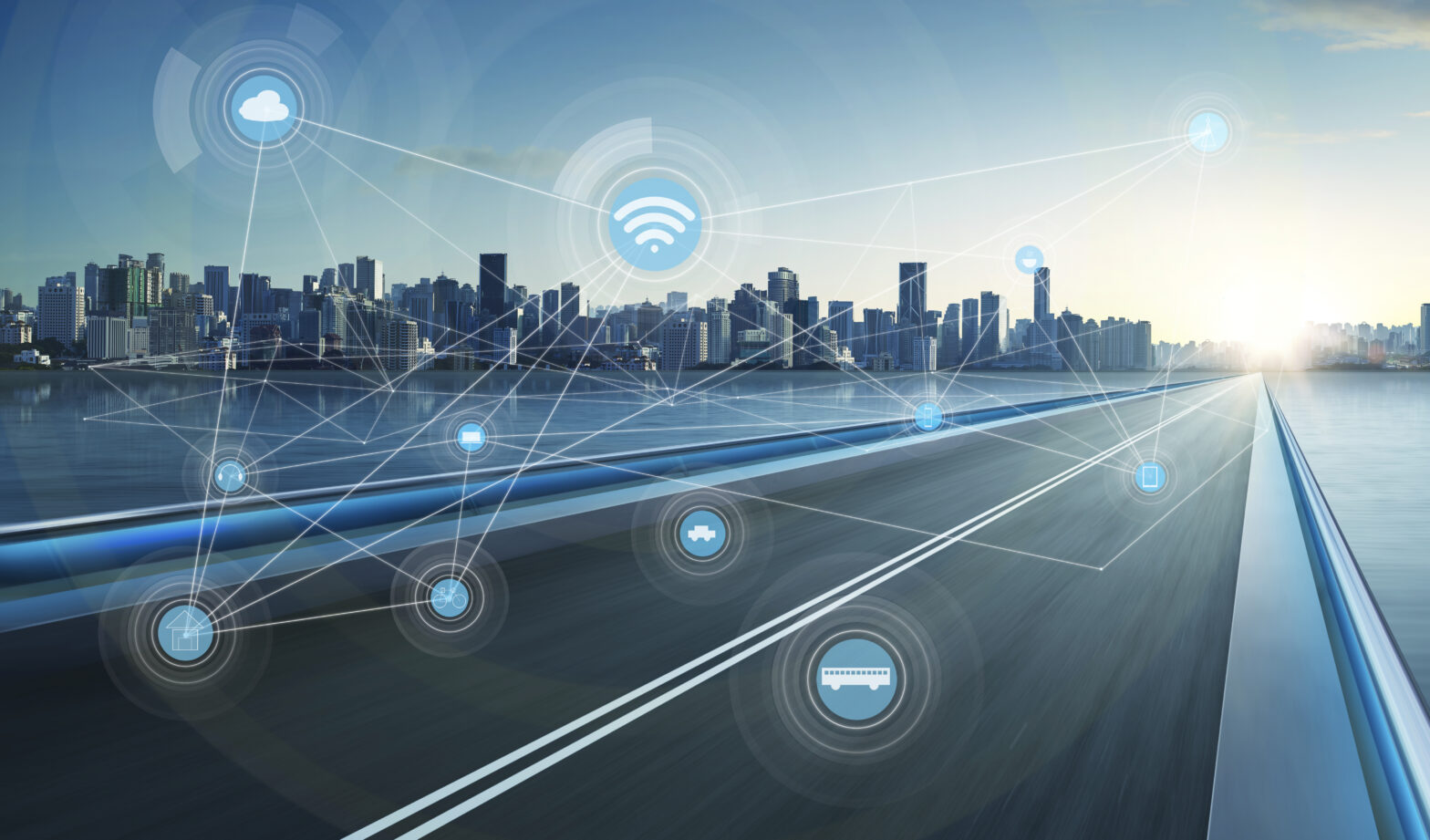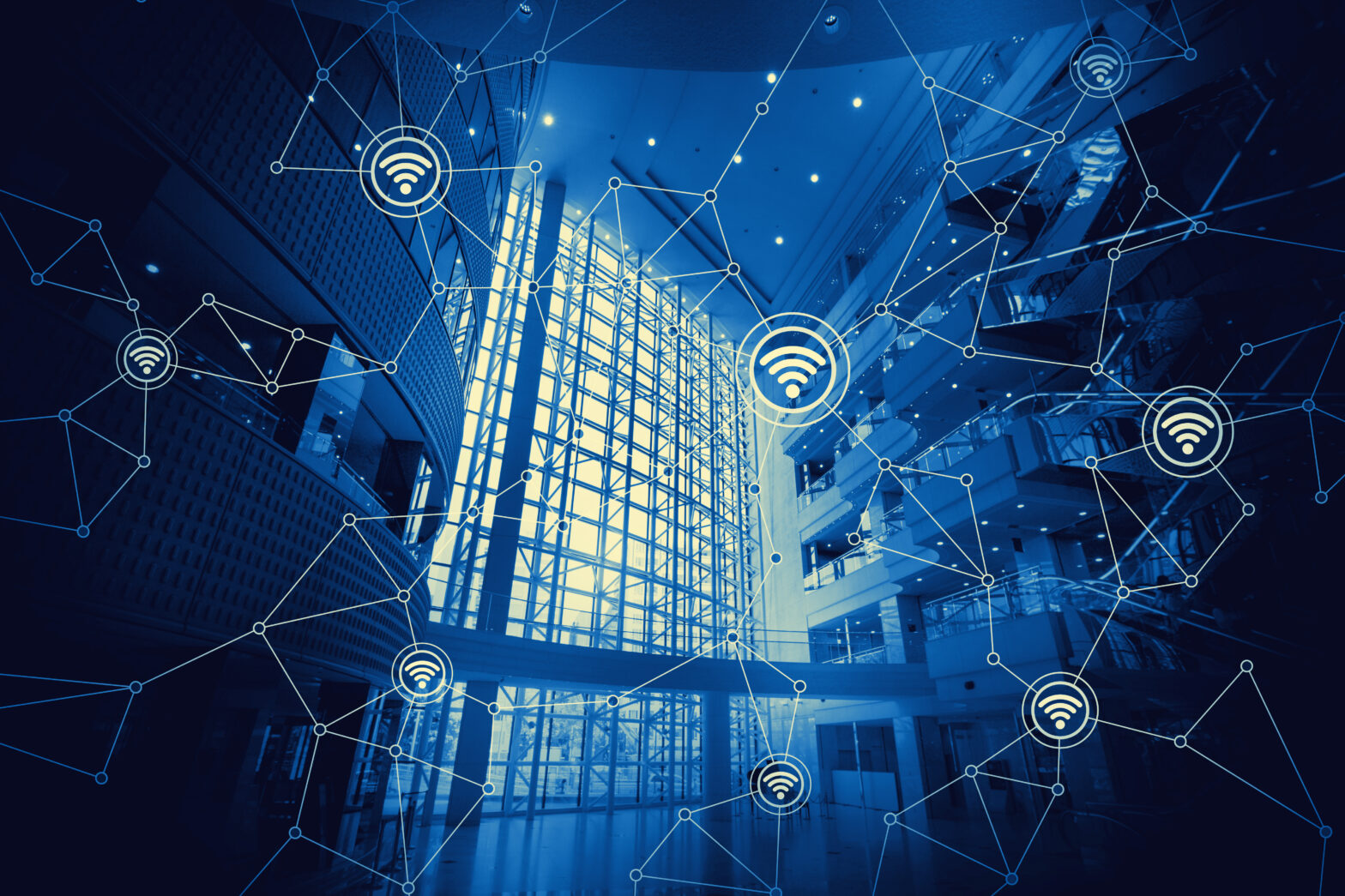Smart cities around the globe are adopting new technologies to improve the lives of inhabitants, from automated water systems to optimised traffic lights.
IDC predicts that in 2017 at least one city will suffer a cyber attack that will hinder its ability to function for one day or more.
But what else is predicted to come in the next few years, and what can we expect from both the companies building smart cities and the hackers trying to break them down?
1. Collaboration between public and private entities will grow
It is likely that in coming years, city authorities will realise that investing in digital infrastructure will bring superior results and will put more money into the physical infrastructure of smart cities. Rather than building another road or adding more CCTV cameras, real-time data (whether from mobile phones, GPS or sensors) will be used to make existing facilities smarter.
>See also: The role of the Internet of Things in developing smart cities
To achieve this, city councils will turn to technology companies to provide them with smart city expertise. City councils often look to address longstanding urban challenges, including congestion or safety, and technology companies will be able to provide the relevant information.
2. The workplace will get smarter
In coming years it is predicted that smart technology will move beyond homes and move into the workplace. The workplace is a hub for technology, and developers will work to link this technology to ensure that workers are achieving optimum connectivity. By introducing smart city technology into the workplace, it is likely that employees will become more productive, since connected technology can aid their work.
It is also predicted that both employers and employees will harness smart technology and will use it to improve both the employee and customer experience. Examples of smart technology in the workplace include technology-enhanced glasses and touch technologies, and many other workplaces are likely to follow suit, if smart technology is available to them.
3. Smart will become secure
With more and more cities embracing smart technology, the risk of cybercrime and hacking will increase. Because of this, technology companies will be hired to specifically target and stop the hacking of smart cities. The focus of these companies will be protecting essential assets and facilities – such as smart water systems – which would cause a health risk if tampered with.
>See also: The future of smart cities
In addition, the focus on smart city security will create a need for more computer science and developer jobs in smart cities, creating a need for more students to undertake STEM subjects.
The potential – and threat – of smart cities isn’t slowing. City councils and developers will need to work hand in hand to ensure that the cities are safe and hospitable, and that inhabitants are getting the optimum results from the technology.
The amount of new technology being introduced is constantly creating new possibilities in both the home and the workplace.
Sourced from Jaroslaw Czaja, CEO of Future Processing










